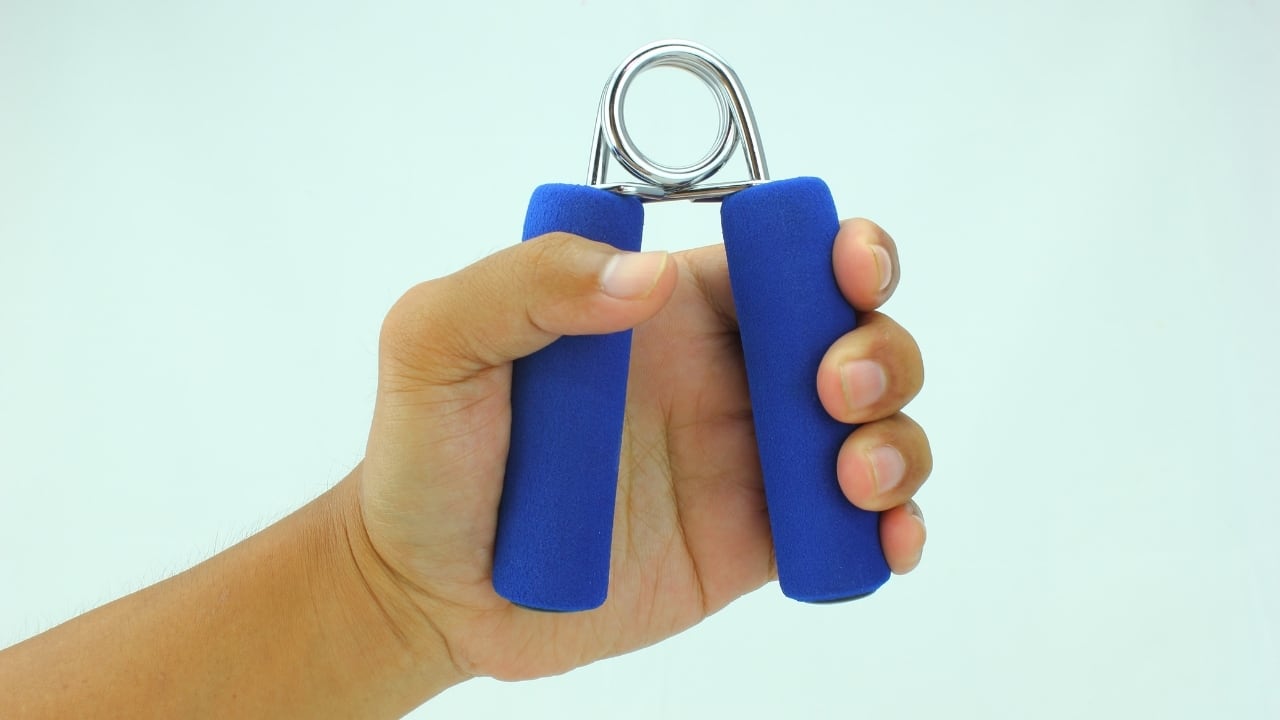Squeeze Test Could Predict Heart Disease Risk: New Study Highlights Grip Strength's Importance

Forget expensive fitness trackers – your handshake might just be the key to understanding your heart health. A groundbreaking new study reveals a surprising link between grip strength and the risk of heart disease and stroke. Researchers are finding that a weak grip could be an early warning sign, potentially allowing for earlier intervention and improved outcomes.
The Research Findings: A Powerful Connection
The study, published in a leading medical journal, analysed data from thousands of participants over several years. It demonstrated a clear correlation between lower grip strength and an increased risk of cardiovascular events, including heart attacks and strokes. The researchers believe this connection stems from grip strength being a reflection of overall muscle mass and function. Reduced muscle mass, often seen in older adults and those with underlying health conditions, is linked to poorer cardiovascular health.
“We’ve known for some time that muscle strength is an indicator of overall health,” explains Dr. Emily Carter, lead researcher on the study. “This research strengthens the argument that grip strength, a simple and accessible measure, can be a valuable tool in identifying individuals at higher risk of heart disease.”
Why Grip Strength Matters: More Than Just Hand Power
Grip strength isn't just about how hard you can squeeze. It's a reflection of your body's overall physiological state. Several factors contribute to this connection:
- Muscle Mass and Metabolism: Stronger muscles contribute to a healthier metabolism, which helps regulate blood sugar and cholesterol levels – key factors in heart health.
- Inflammation: Lower grip strength is often associated with increased inflammation in the body, a known contributor to cardiovascular disease.
- Vascular Health: Grip strength can indirectly reflect the health of your blood vessels, as weaker grip strength may indicate stiffness or reduced elasticity in arteries.
How to Test Your Grip Strength: A Simple Assessment
Testing your grip strength is surprisingly easy and doesn't require any special equipment. A hand dynamometer is the most accurate tool, but you can also use a simple squeeze test. Here’s how:
- Gather a small ball (tennis ball size).
- Squeeze the ball as hard as you can.
- Assess how difficult it is. Can you squeeze it firmly? Does it feel easy or strained?
While this isn't a definitive diagnosis, it can give you a general idea of your grip strength. Consulting with your doctor for a formal grip strength test is always recommended, especially if you have any concerns about your heart health.
Beyond the Squeeze: What You Can Do to Improve Your Heart Health
Improving your grip strength is just one piece of the puzzle when it comes to heart health. Here are some other important steps you can take:
- Regular Exercise: Strength training, in particular, can significantly improve muscle mass and grip strength.
- Healthy Diet: Focus on a diet rich in fruits, vegetables, and lean protein.
- Maintain a Healthy Weight: Excess weight puts extra strain on your heart.
- Manage Stress: Chronic stress can contribute to heart disease.
- Regular Check-ups: See your doctor regularly for check-ups and screenings.
The Takeaway: Listen to Your Hands
This study underscores the importance of simple, accessible health indicators. While fitness trackers have their place, don't underestimate the power of a simple handshake. Paying attention to your grip strength and taking proactive steps to improve your overall health can go a long way in protecting your heart.





